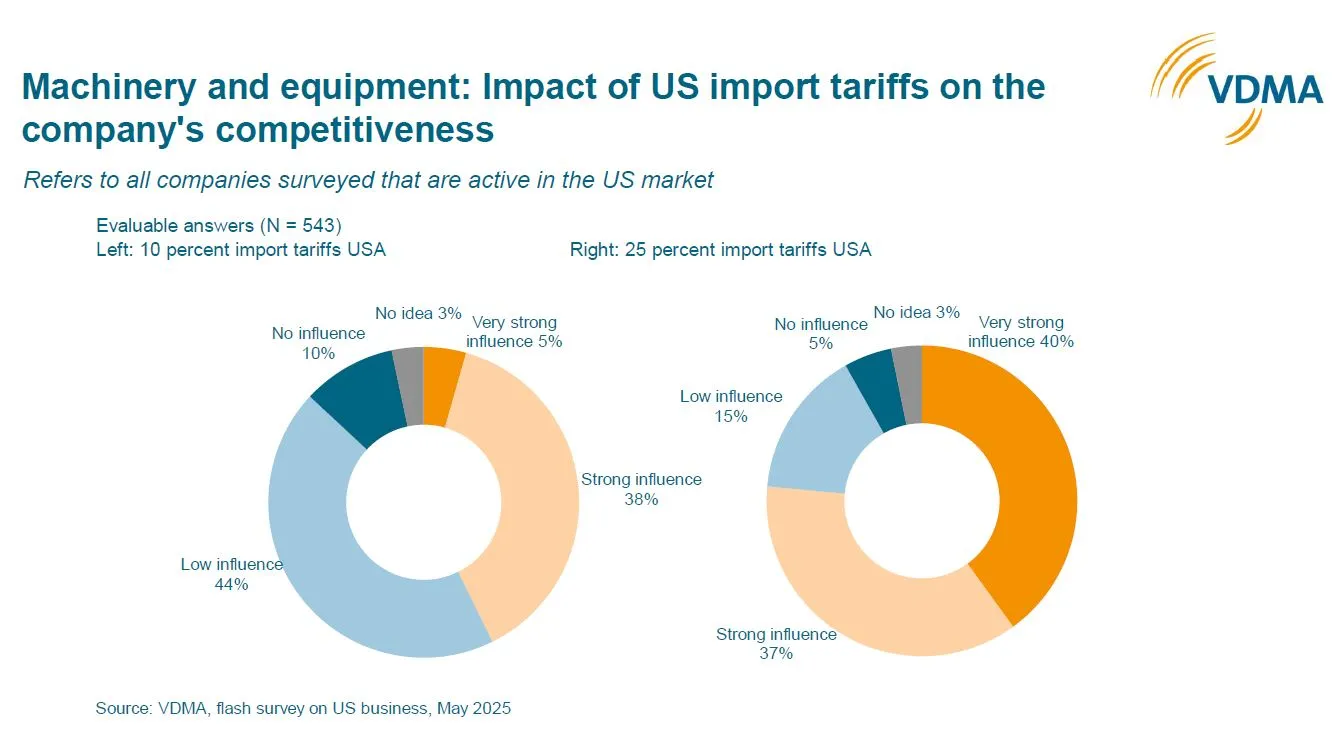Austrian construction group Strabag has maintained its Standard & Poor (S&P) investment grade rating of BBB – while also retaining its stable outlook. Explaining its decision, S&P cited Strabag’s well-diversified and vertically integrated business, its access to raw materials, and the group’s adequately high liquidity. However, S&P says Strabag is in a cyclical and intensely competitive market with high project risks and low margins. According to S&P, Strabag currently has sufficient room to manoeuvre regar
January 2, 2013
Read time: 1 min
Austrian construction group 945 Strabag has maintained its Standard & Poor (S&P) investment grade rating of BBB – while also retaining its stable outlook.
Explaining its decision, S&P cited Strabag’s well-diversified and vertically integrated business, its access to raw materials, and the group’s adequately high liquidity. However, S&P says Strabag is in a cyclical and intensely competitive market with high project risks and low margins.
According to S&P, Strabag currently has sufficient room to manoeuvre regarding the key performance indicators for the BBB- rating. The company will need this manoeuvrability, says S&P, in case the stronger price pressure in the sector leads to a short-to-medium-term deterioration of results.
Explaining its decision, S&P cited Strabag’s well-diversified and vertically integrated business, its access to raw materials, and the group’s adequately high liquidity. However, S&P says Strabag is in a cyclical and intensely competitive market with high project risks and low margins.
According to S&P, Strabag currently has sufficient room to manoeuvre regarding the key performance indicators for the BBB- rating. The company will need this manoeuvrability, says S&P, in case the stronger price pressure in the sector leads to a short-to-medium-term deterioration of results.









